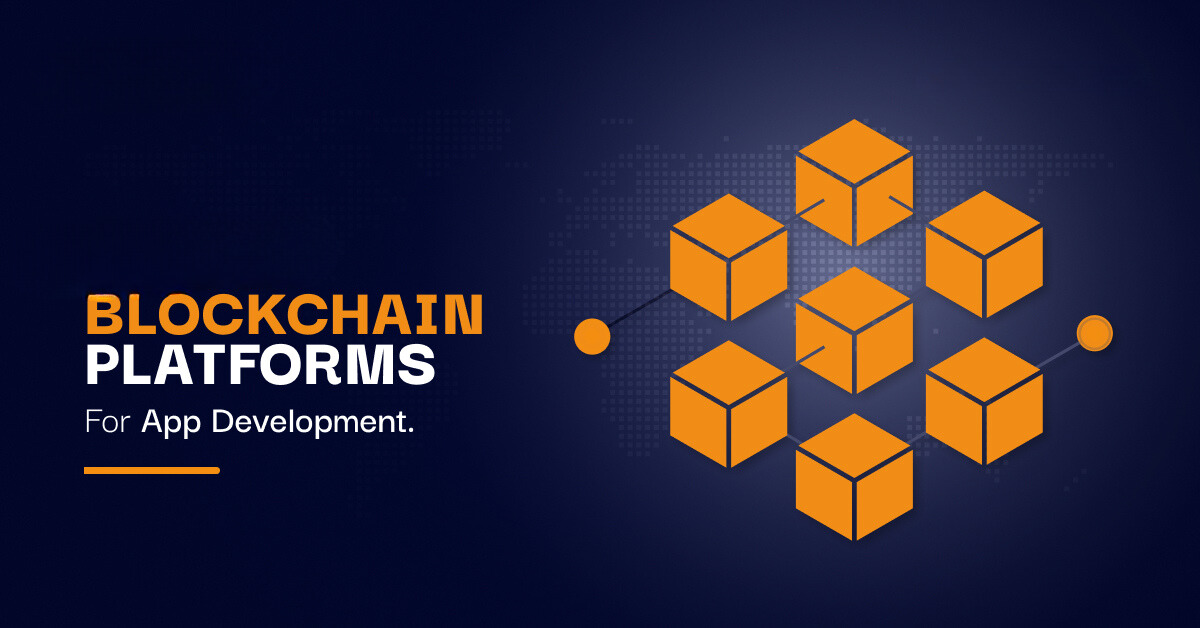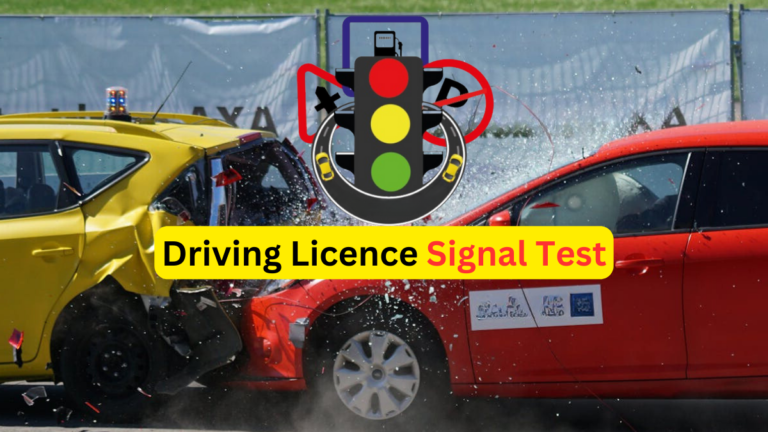
Blockchain App Development: Blockchain technology has revolutionized various industries by offering transparency, security, and decentralization. In recent years, blockchain app development has gained significant traction as businesses explore innovative solutions to streamline processes and enhance security. In this article, we will delve into the world of blockchain app development, covering its basics, processes, tools, popular platforms, development steps, challenges, and future trends.
Introduction to Blockchain App Development
What is blockchain technology?
Blockchain technology is a decentralized digital ledger that records transactions across multiple computers in a way that ensures security, transparency, and immutability. Each block in the blockchain contains a cryptographic hash of the previous block, timestamp, and transaction data, creating a chain of blocks.
Importance of blockchain app development
Blockchain app development plays a crucial role in transforming traditional centralized systems into decentralized applications (dApps). These applications eliminate intermediaries, reduce costs, enhance security, and enable peer-to-peer transactions.
Understanding the Basics of Blockchain Technology

How does blockchain work?
Blockchain operates on a distributed network of nodes, where each node stores a copy of the entire blockchain. Transactions are verified by consensus mechanisms such as proof of work (PoW) or proof of stake (PoS) before being added to the blockchain.
Key features of blockchain technology
- Decentralization: No single authority controls the blockchain network.
- Transparency: All transactions are visible to participants in the network.
- Immutability: Once recorded, data on the blockchain cannot be altered or tampered with.
The Process of Blockchain App Development
Blockchain app development involves several stages, including planning, designing, development, testing, and deployment.
Planning and ideation
During this phase, developers identify the purpose, target audience, and features of the blockchain app.
Designing the architecture
Developers design the architecture of the app, including the database structure, user interface, and smart contracts.
Development and coding
The coding phase involves writing code for the frontend, backend, and smart contracts using programming languages such as Solidity, JavaScript, and Python.
Testing and deployment
After development, the app undergoes rigorous testing to ensure functionality, security, and usability. Once testing is complete, the app is deployed to the production environment.
Tools and Technologies for Blockchain App Development
Programming languages
Popular programming languages for blockchain app development include Solidity, JavaScript, Python, and Go.
Development frameworks
Frameworks like Truffle and Embark provide tools and libraries for building decentralized applications.
Integrated development environments (IDEs)
IDEs such as Remix and Visual Studio Code offer features for writing, debugging, and deploying smart contracts.
Popular Blockchain Platforms for App Development
- Ethereum
- Binance Smart Chain (BSC)
- Solana
- Hyperledger
- TRON
- Flow
- Polygon
Ethereum
Ethereum is a leading blockchain platform for building decentralized applications and deploying smart contracts.
Hyperledger
Hyperledger is an open-source collaborative effort hosted by the Linux Foundation, offering frameworks and tools for enterprise blockchain development.
EOS
EOS.IO is a blockchain platform designed for the development of scalable dApps, providing high transaction throughput and low latency.
Corda
Corda is a blockchain platform developed by R3, focusing on privacy and scalability for enterprise applications.
Steps to Develop an App
Define the purpose and functionality
Identify the problem your app aims to solve and define its features and functionalities.
Choose the right blockchain platform
Select a blockchain platform that aligns with your project requirements in terms of scalability, security, and consensus mechanism.
Design the user interface
Create a user-friendly interface that allows users to interact with the blockchain app seamlessly.
Develop smart contracts
Write smart contracts to define the business logic and rules of the application.
Implement security measures
Implement security protocols such as encryption, authentication, and access control to protect the app from cyber threats.
Challenges in such App Development
Scalability issues
Scalability remains a significant challenge for blockchain app development, especially as the number of transactions increases.
Security concerns
Security vulnerabilities such as smart contract bugs and cyber attacks pose risks to blockchain applications.
Interoperability challenges
Integration with existing systems and other blockchain networks can be complex due to interoperability issues.
Future Trends in App Development
Integration with other technologies
Blockchain is likely to integrate with emerging technologies such as artificial intelligence (AI) and the Internet of Things (IoT) to create innovative solutions.
Growth of decentralized finance (DeFi)
Decentralized finance applications, including lending platforms, decentralized exchanges, and stablecoins, are expected to proliferate.
Adoption in various industries
Blockchain technology will continue to gain adoption across industries, including finance, supply chain, healthcare, and government.
Conclusion
Blockchain app development offers immense potential for creating decentralized, secure, and transparent applications. By leveraging blockchain technology, businesses can revolutionize processes, enhance security, and unlock new opportunities for innovation. Despite challenges, the future of block-chain app development looks promising, with continued growth and adoption across industries.
Unique FAQs
- What programming languages are commonly used for chain app development?
- Solidity, JavaScript, Python, and Go are among the popular programming languages for building blockchain applications.
- How can blockchain improve security in applications?
- Blockchain offers security through decentralization, cryptography, and immutability, reducing the risk of data tampering and unauthorized access.
- What are smart contracts, and how are they used in chain app development?
- Smart contracts are self-executing contracts with the terms of the agreement directly written into code. They automate processes and enforce agreements on the blockchain.
- What are some challenges faced in testing blockchain applications?
- Testing blockchain applications involves challenges such as simulating real-world network conditions, testing smart contracts, and ensuring interoperability with other systems.
- How can businesses benefit from this app development?
- Businesses can benefit from blockchain app development by improving efficiency, reducing costs, enhancing security, and unlocking new revenue streams through innovative decentralized solutions.



